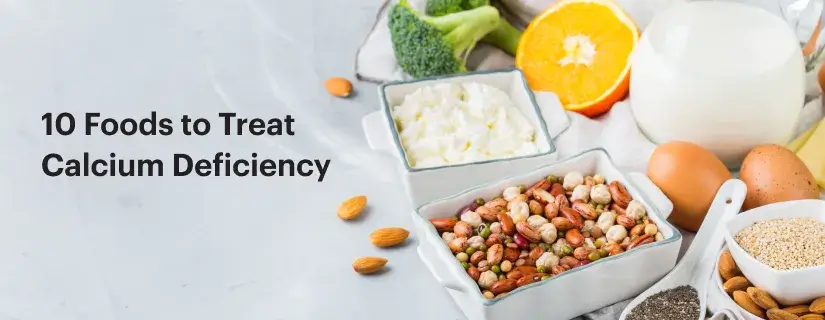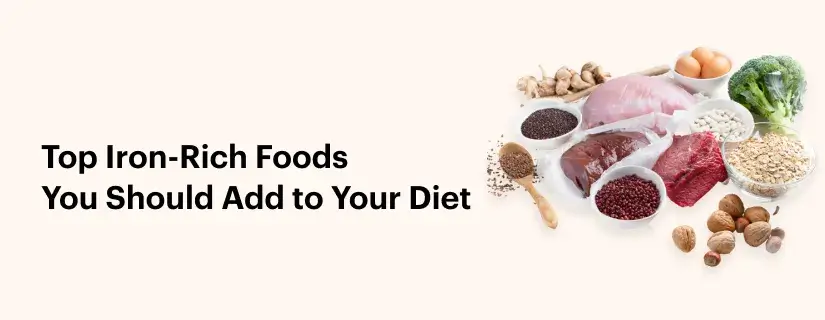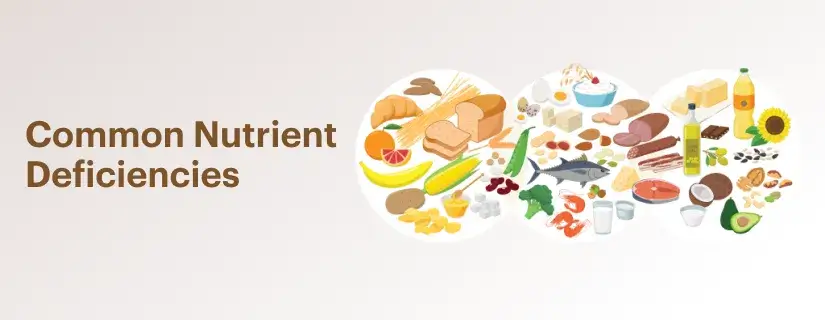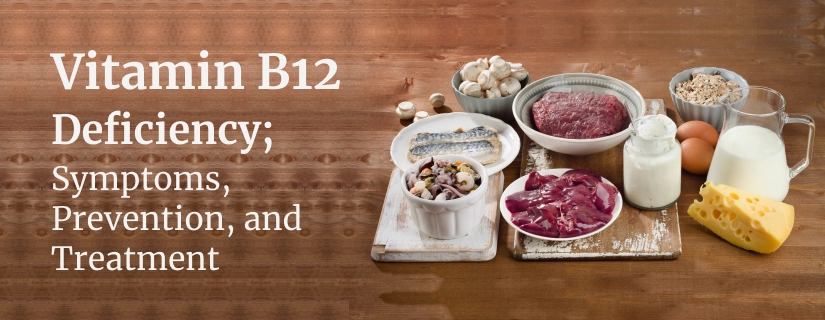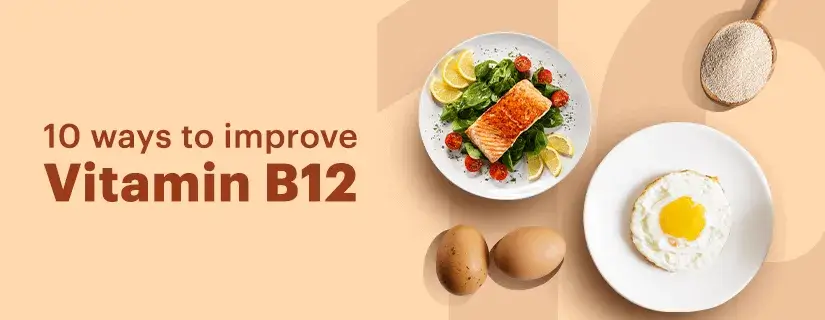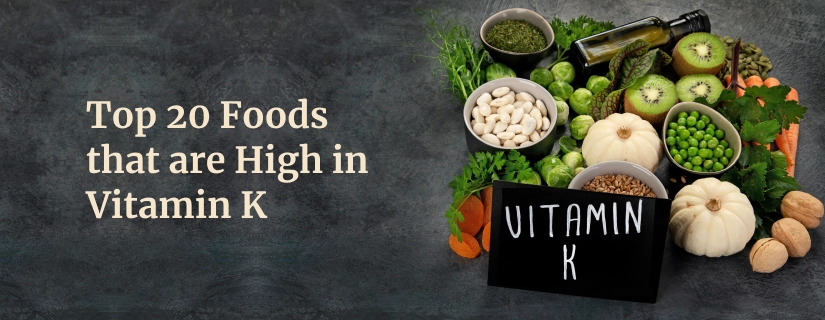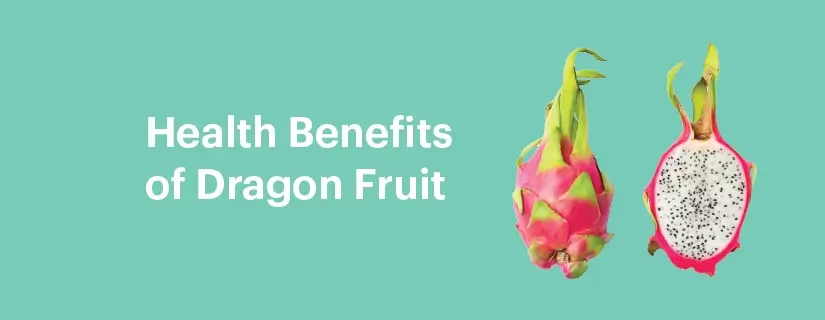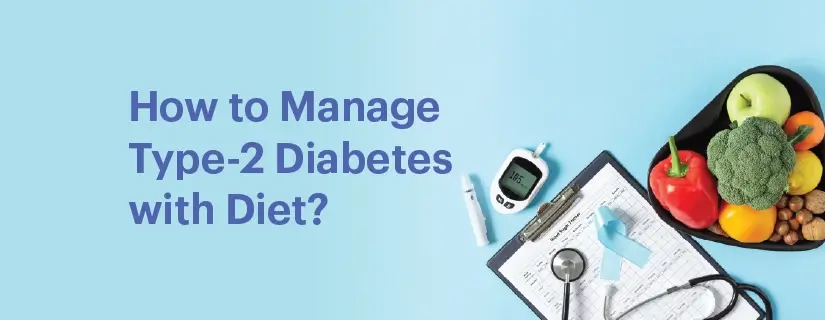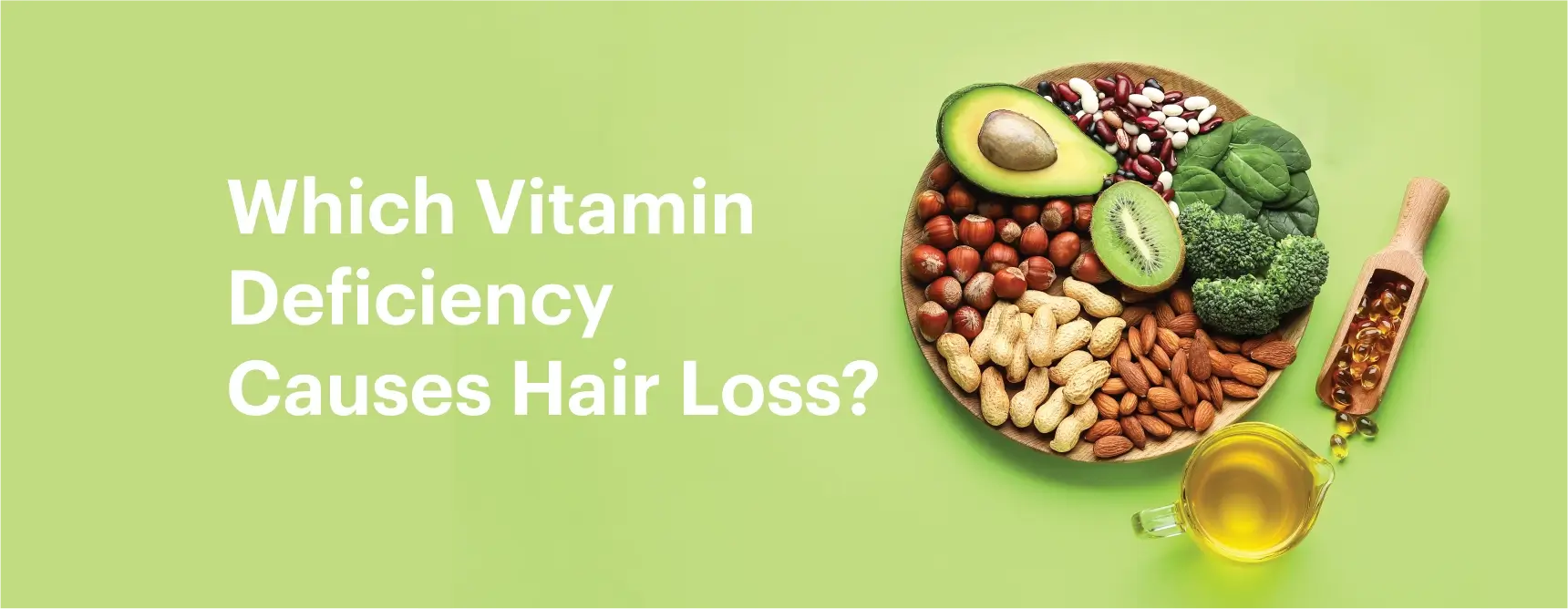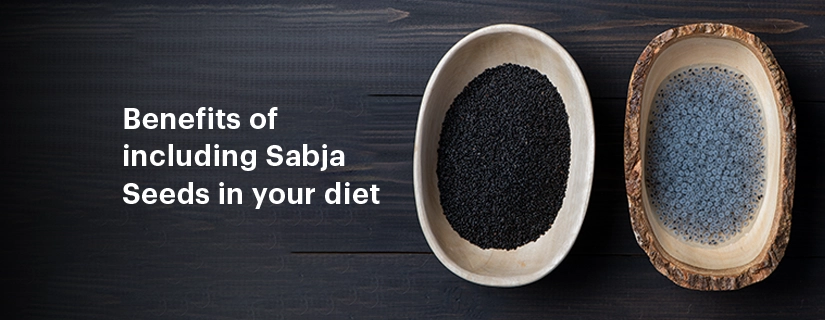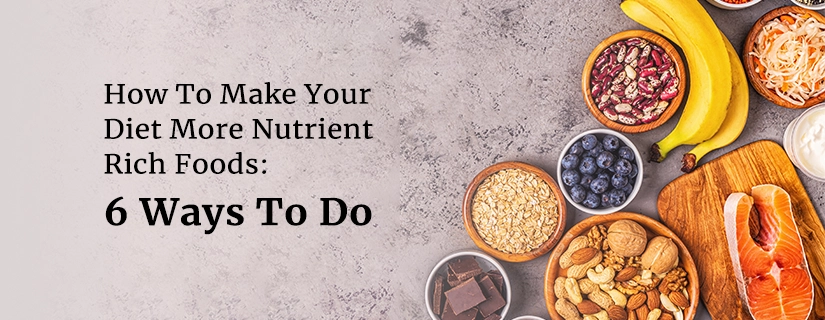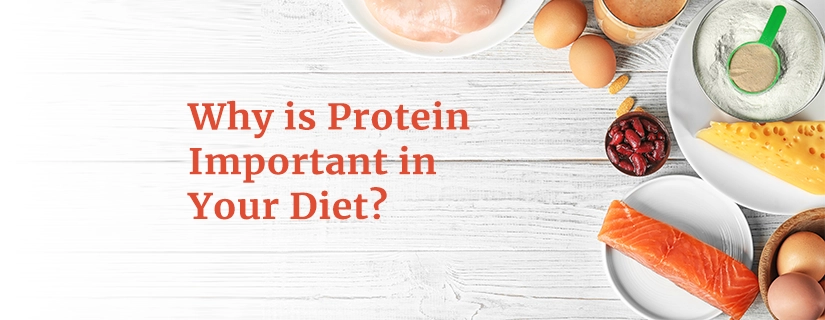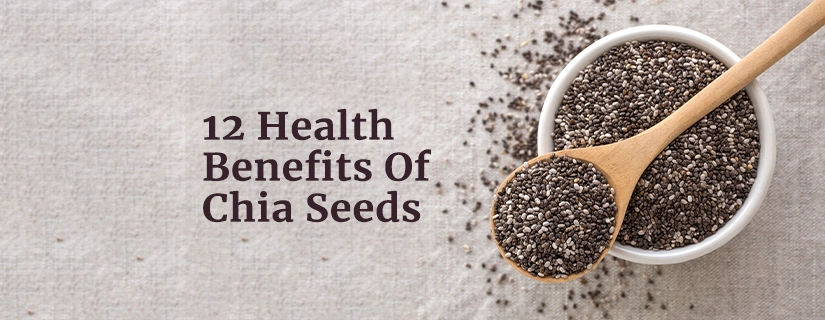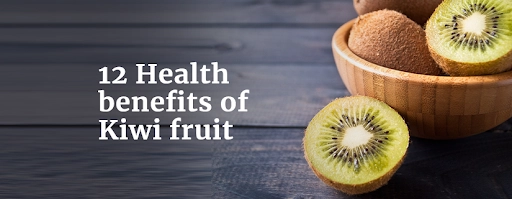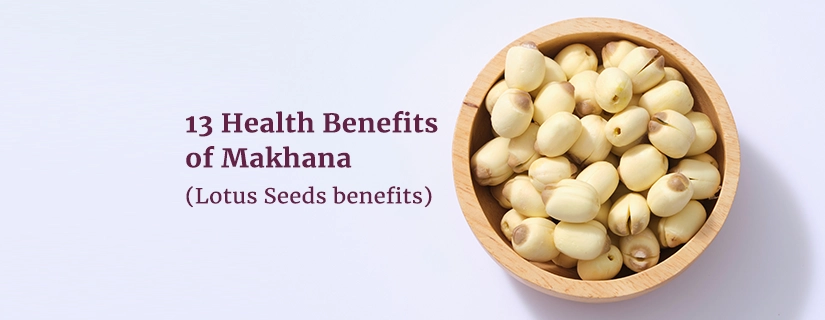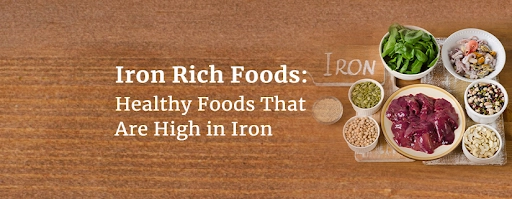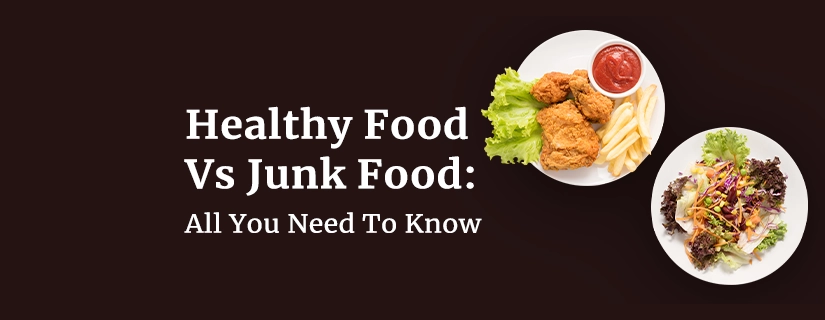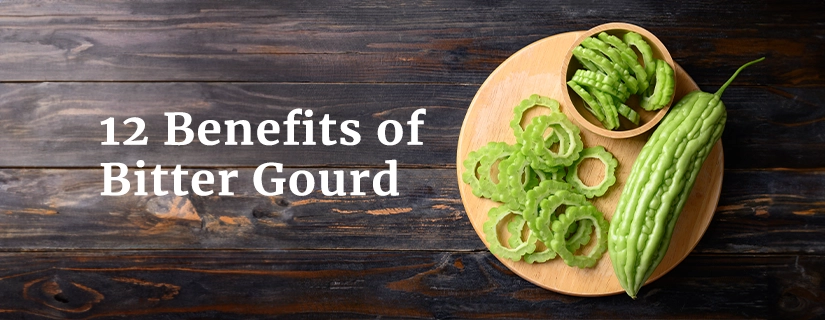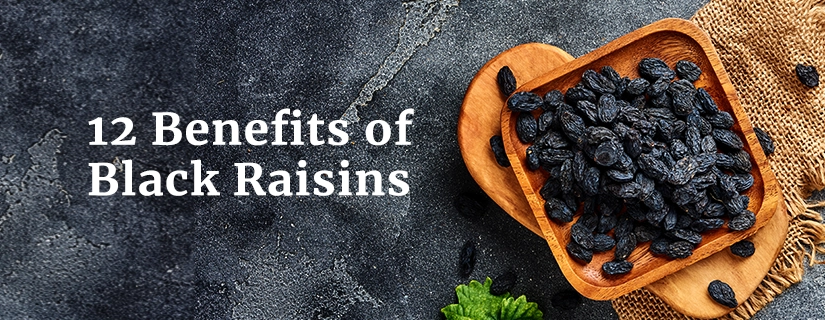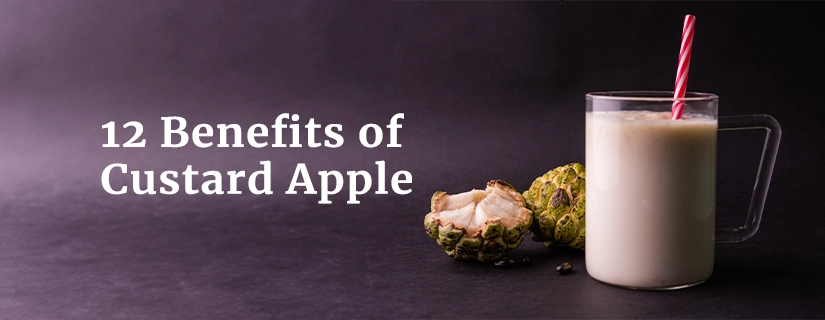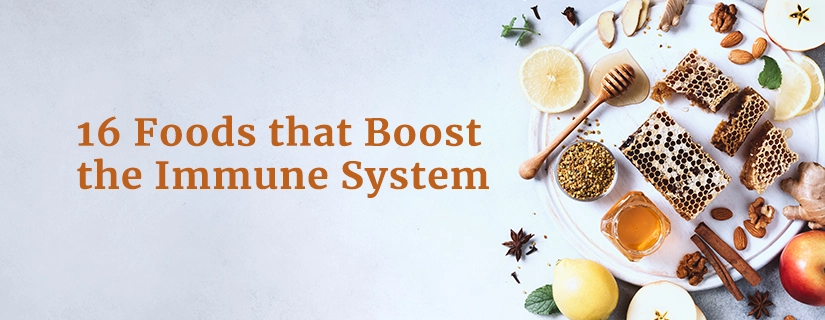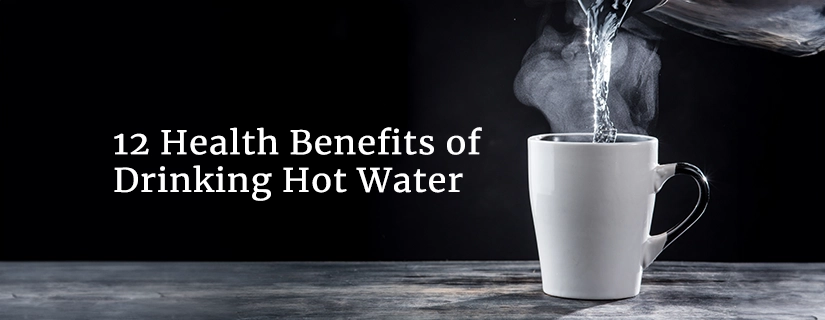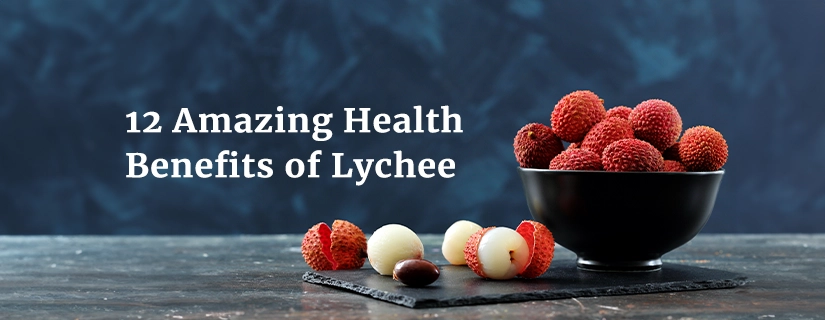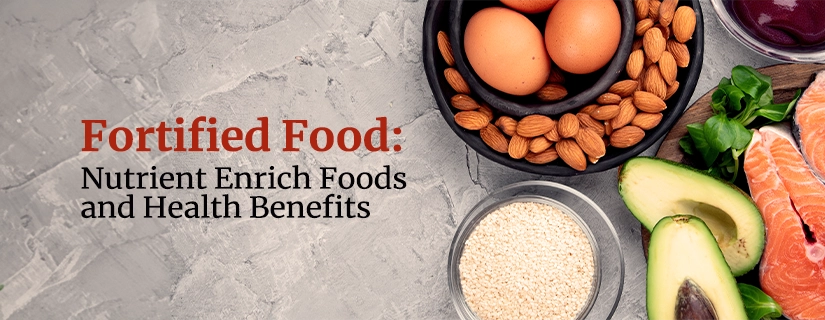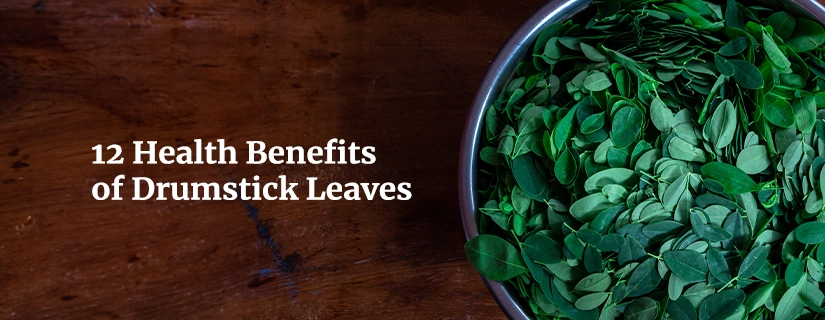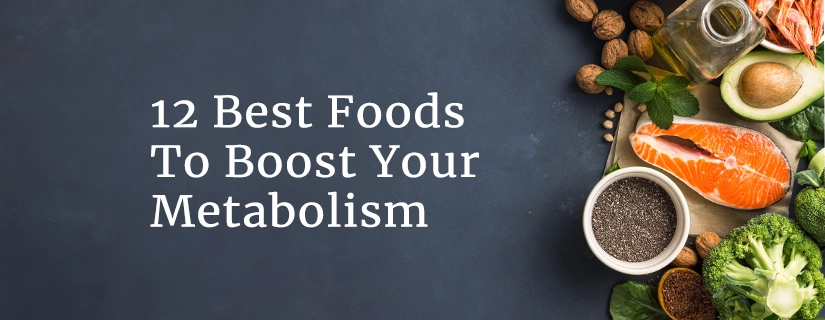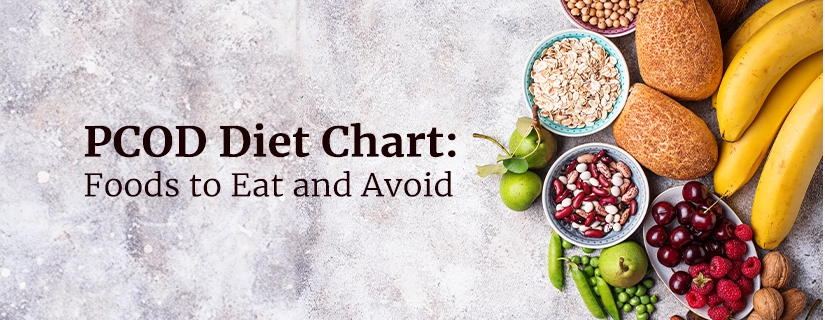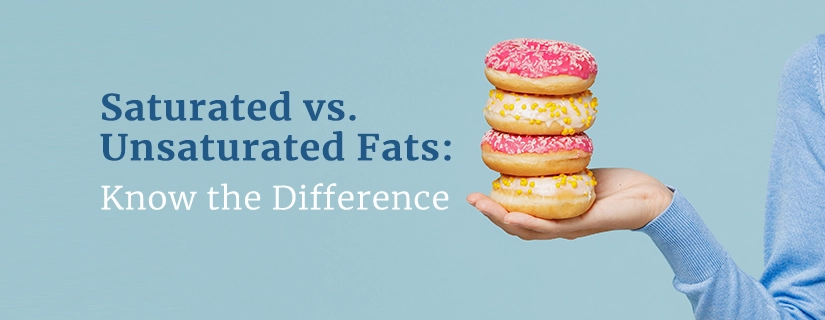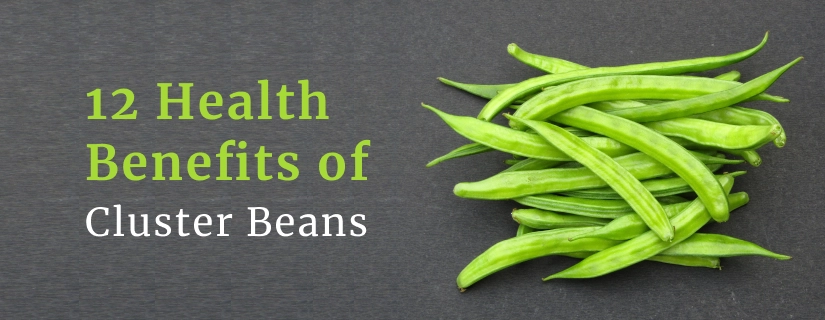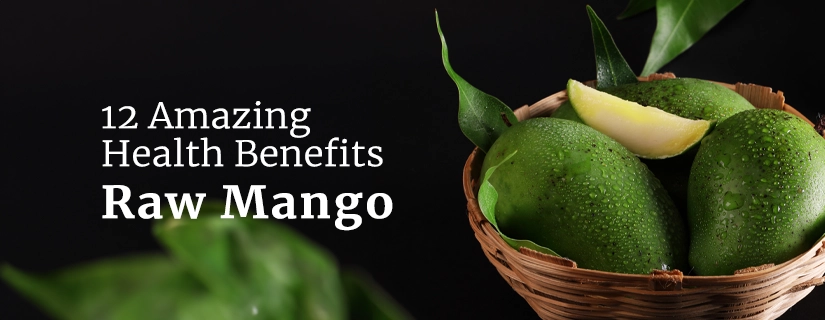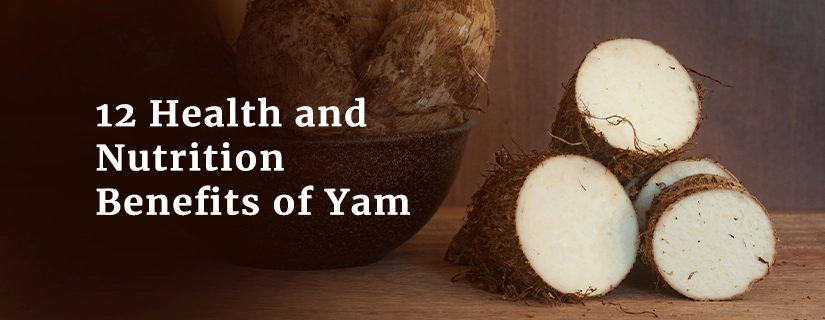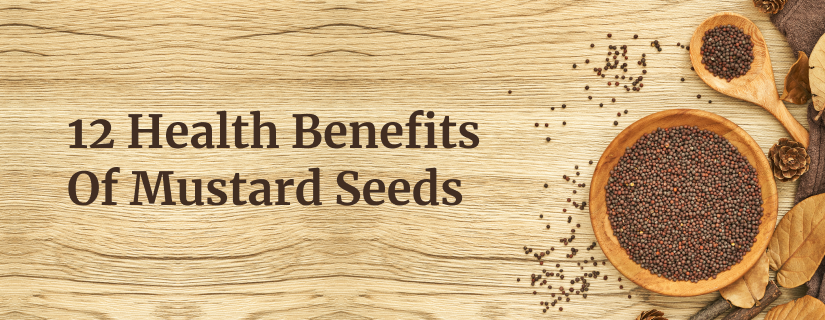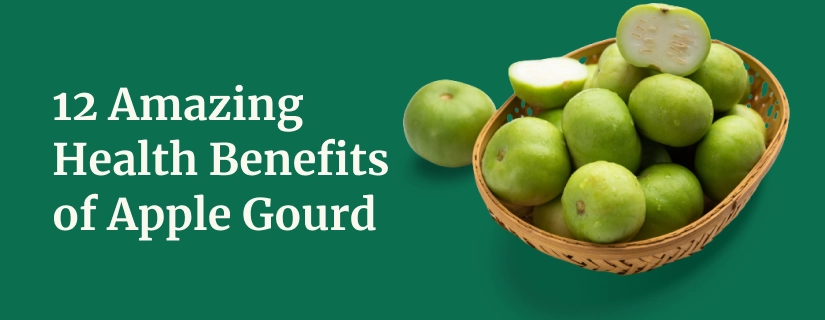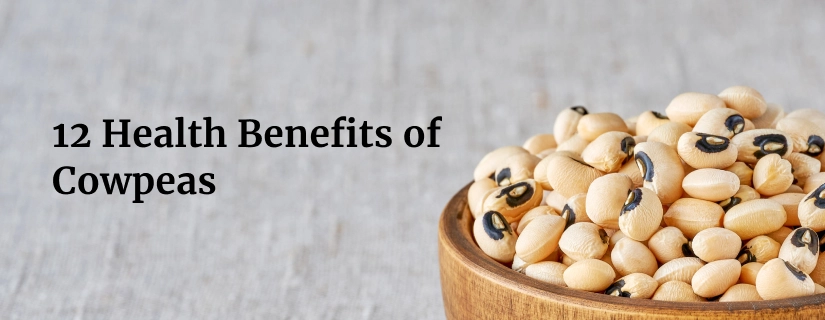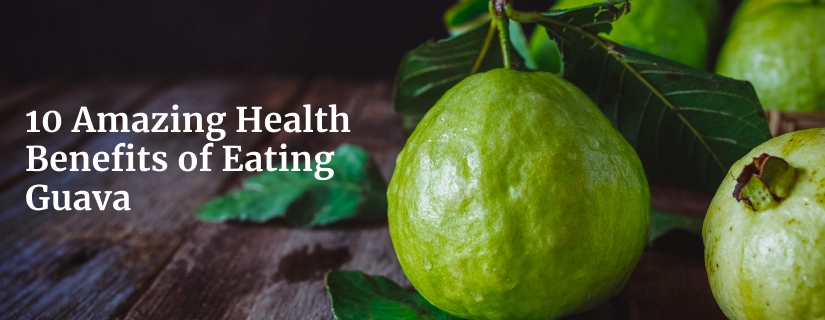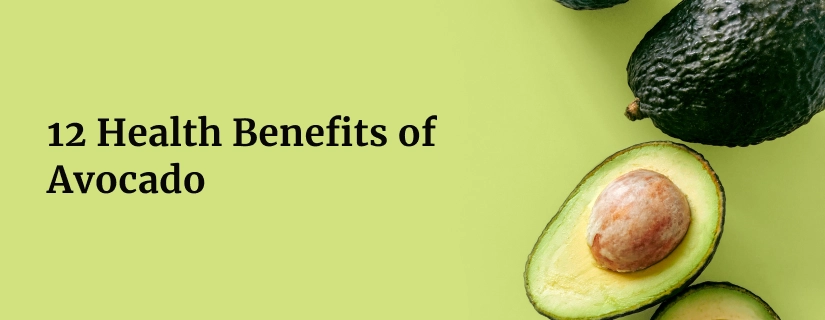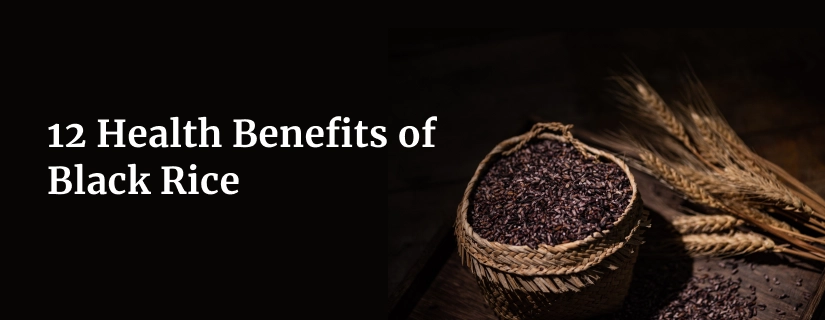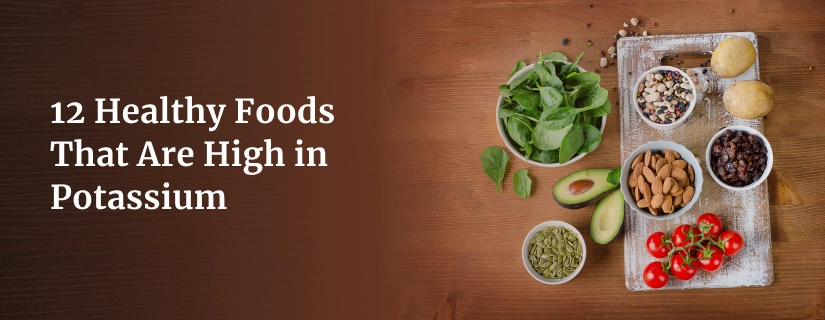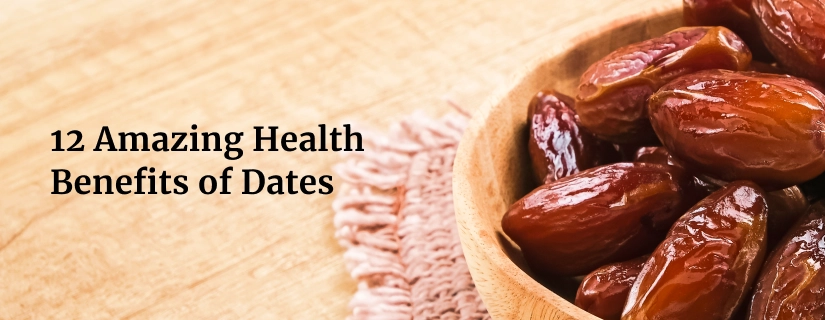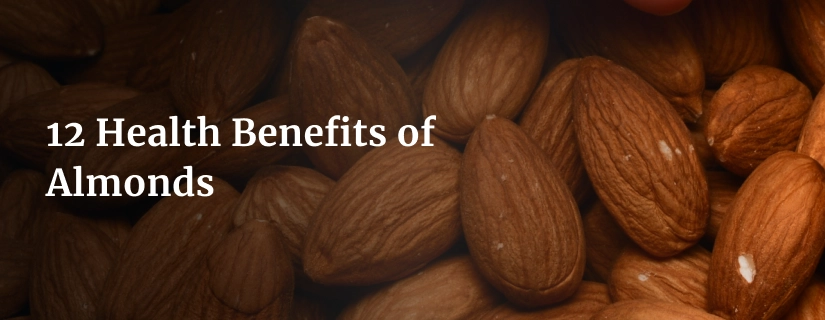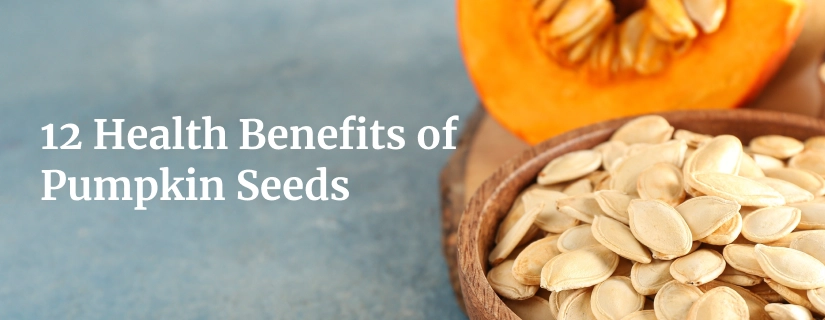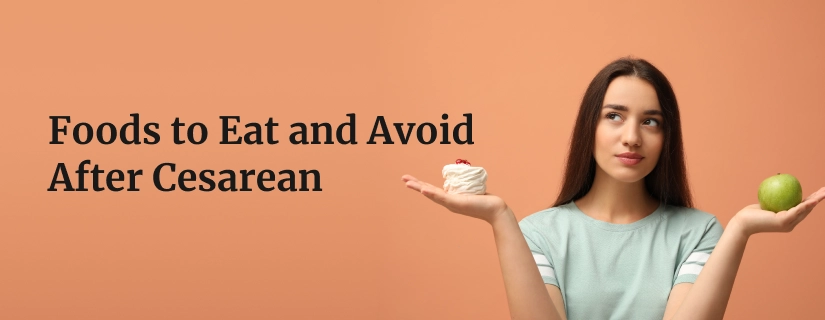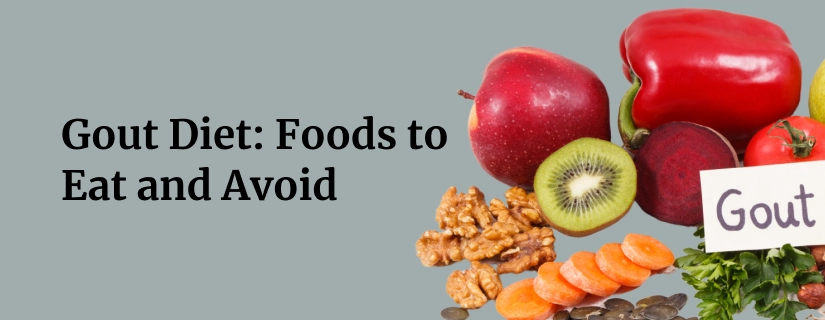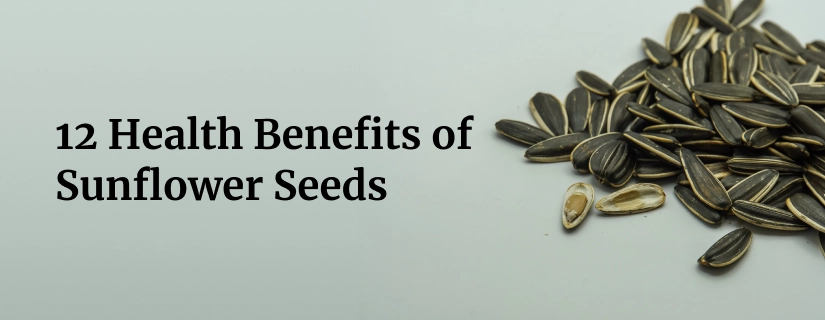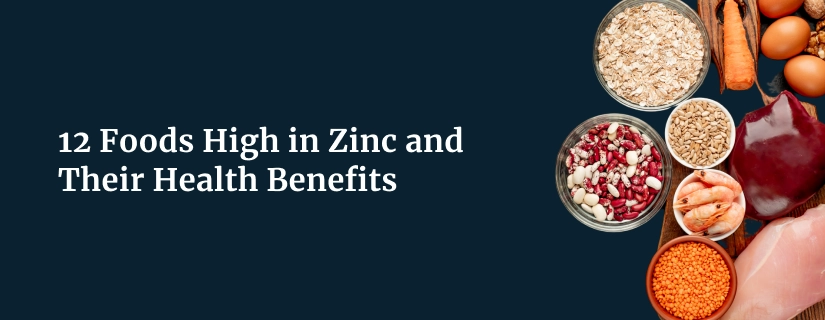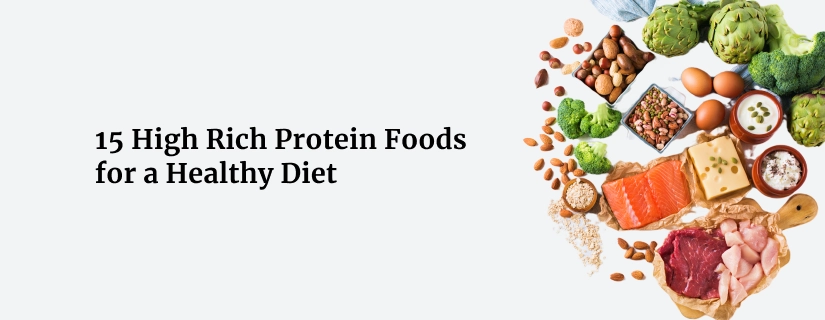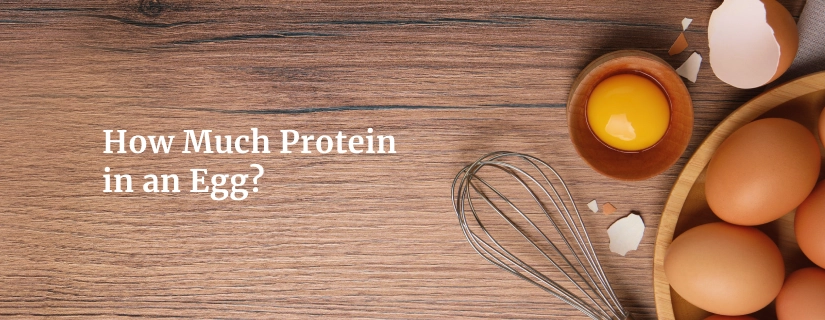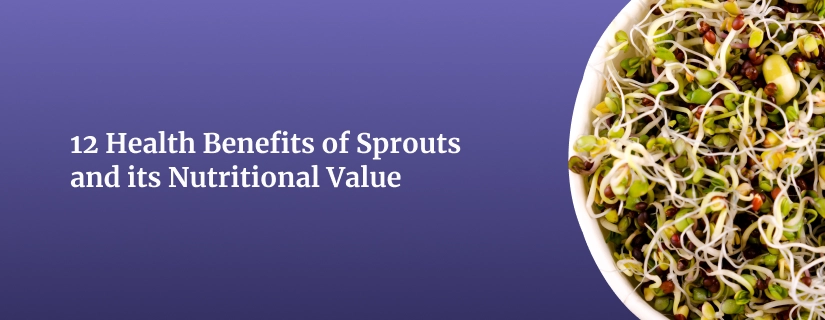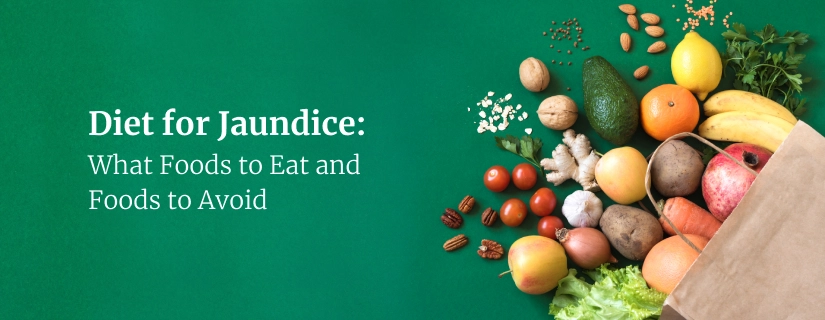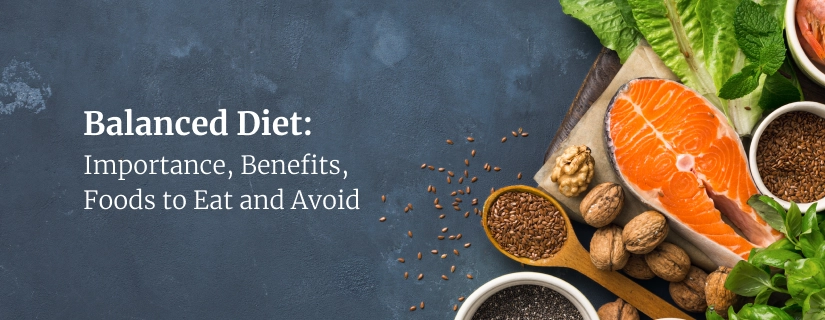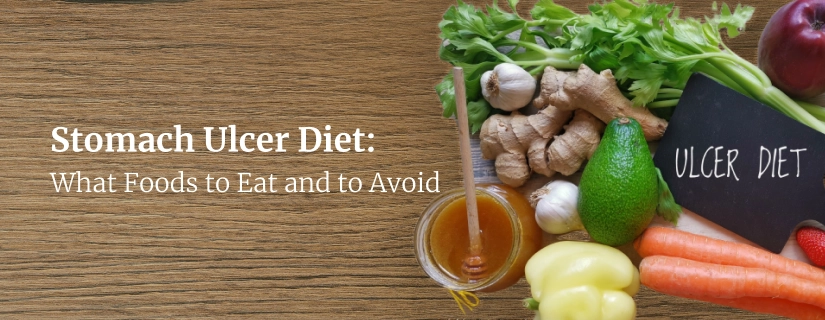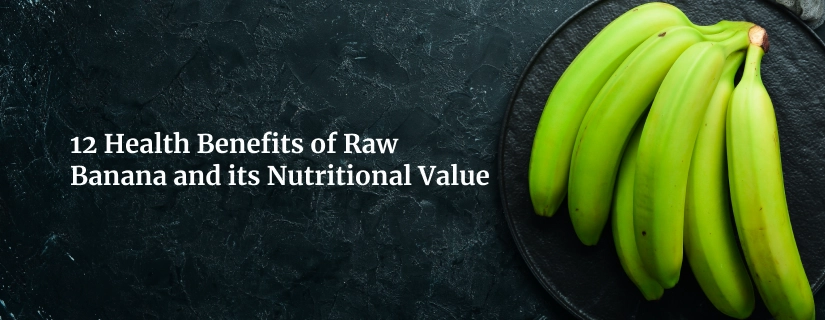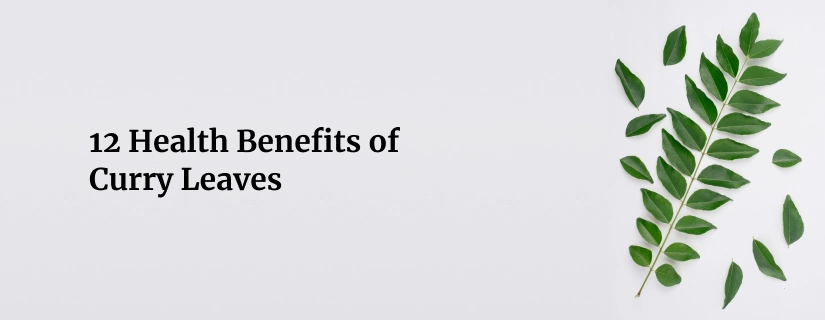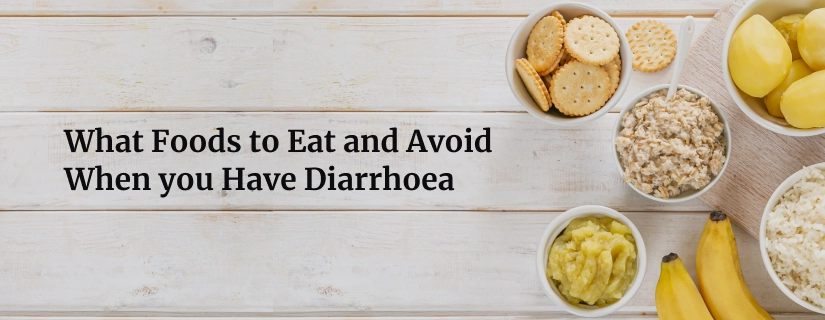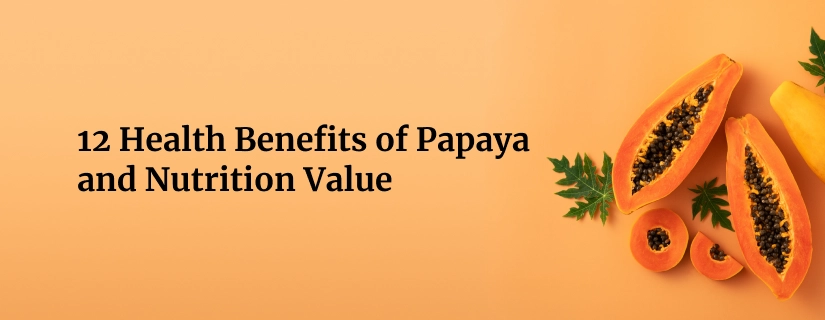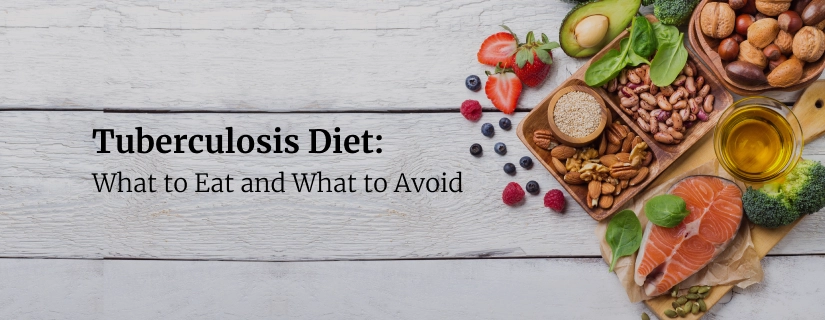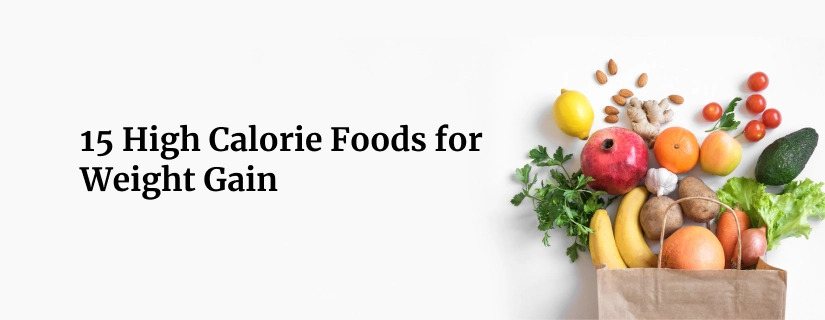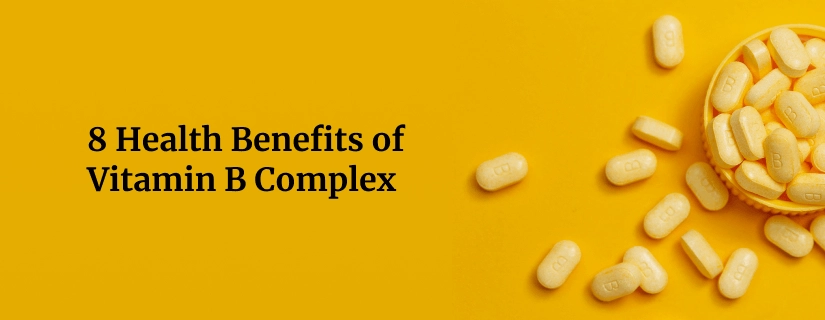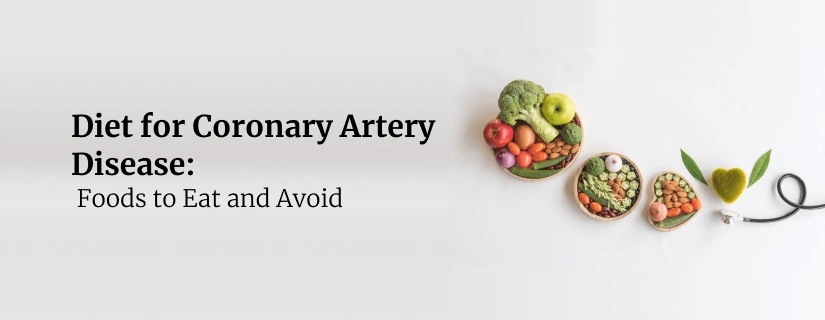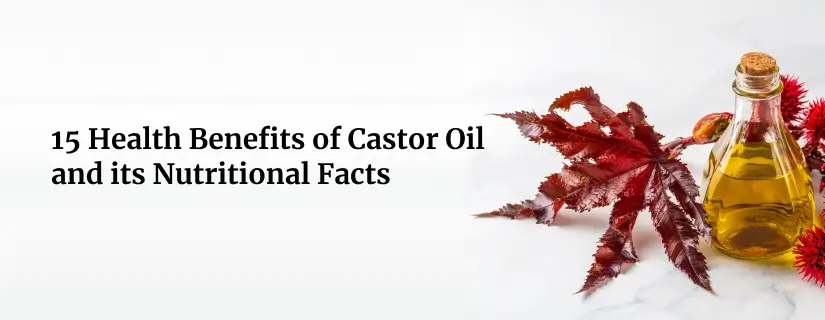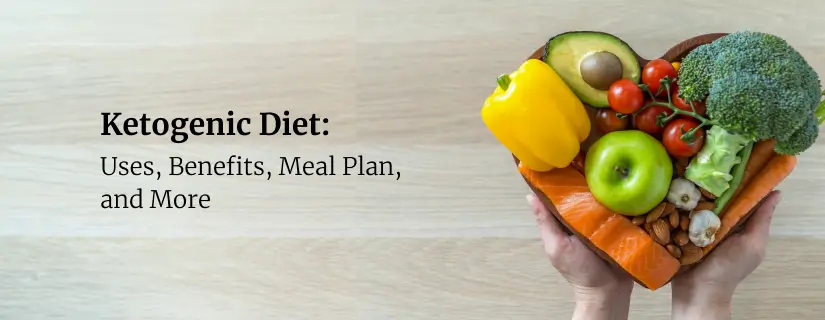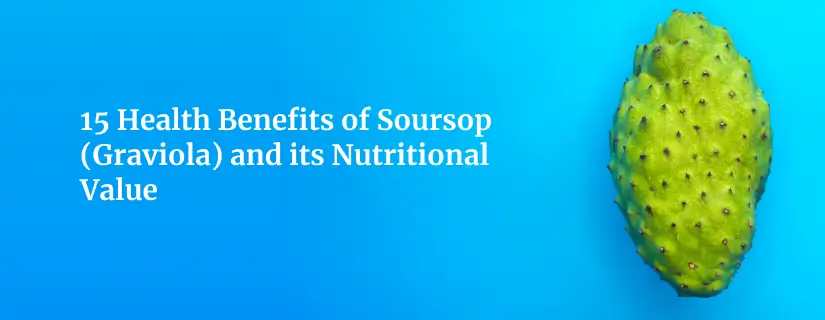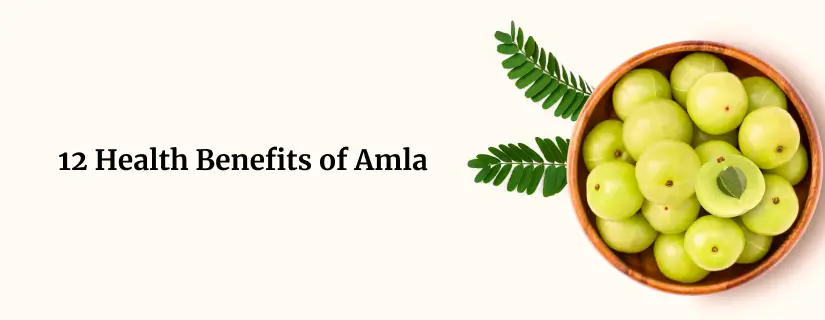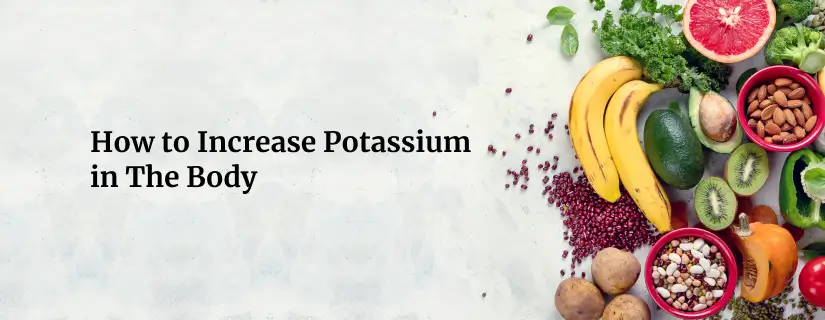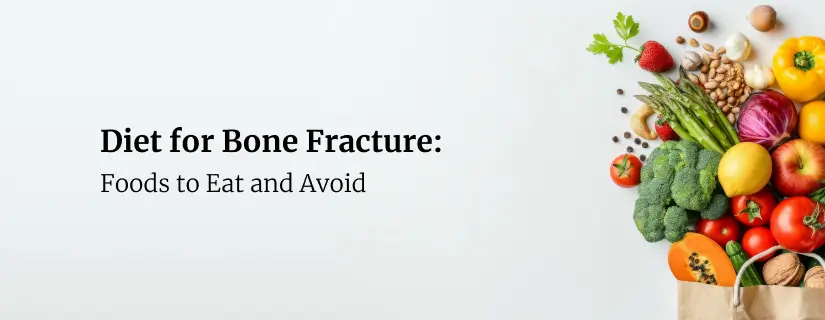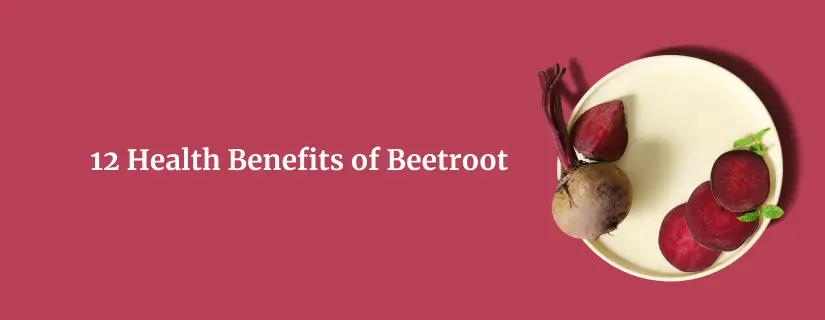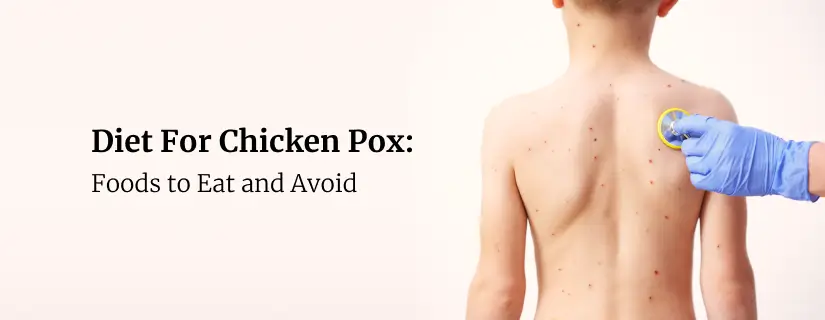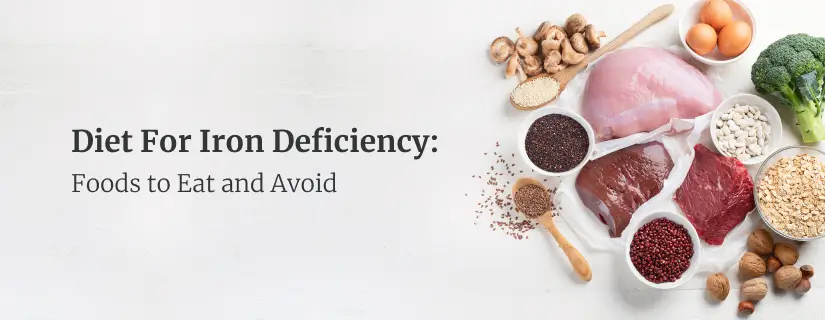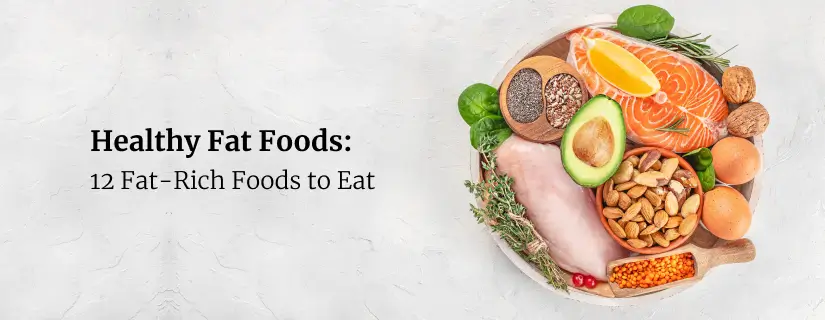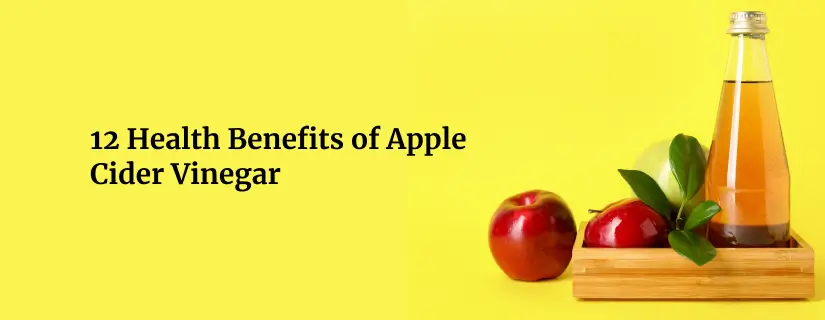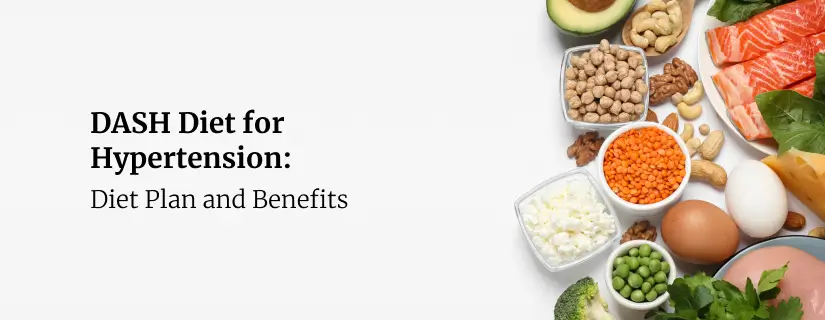-
Doctors
-
Specialities & Treatments
Centre of Excellence
Specialties
Treatments and Procedures
Hospitals & Directions HyderabadCARE Hospitals, Banjara Hills CARE Outpatient Centre, Banjara Hills CARE Hospitals, HITEC City CARE Hospitals, Nampally Gurunanak CARE Hospitals, Musheerabad CARE Hospitals Outpatient Centre, HITEC City CARE Hospitals, Malakpet
HyderabadCARE Hospitals, Banjara Hills CARE Outpatient Centre, Banjara Hills CARE Hospitals, HITEC City CARE Hospitals, Nampally Gurunanak CARE Hospitals, Musheerabad CARE Hospitals Outpatient Centre, HITEC City CARE Hospitals, Malakpet Raipur
Raipur
 Bhubaneswar
Bhubaneswar Visakhapatnam
Visakhapatnam
 Nagpur
Nagpur
 Indore
Indore
 Chh. Sambhajinagar
Chh. SambhajinagarClinics & Medical Centers
Book an AppointmentContact Us
Online Lab Reports
Book an Appointment
Consult Super-Specialist Doctors at CARE Hospitals
Type 2 Diabetes Diet: Foods to Eat and Avoid
Updated on 11 November 2022
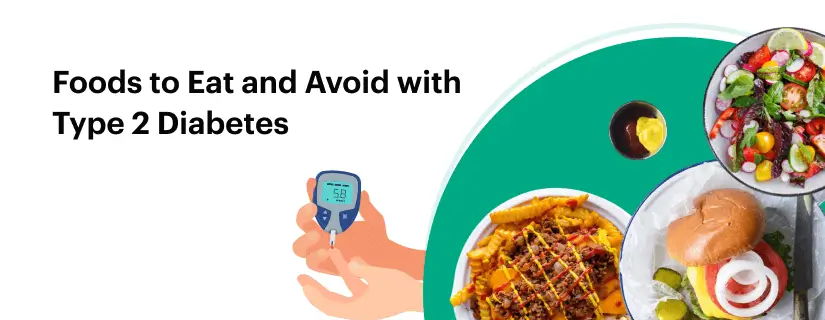
Type 2 diabetes affects millions of people around the world. The best way to understand whether you have diabetes or not is by going through the diabetes symptoms. In this condition, people don't produce enough insulin or resist insulin because when a person has type 2 diabetes, it affects the way their body processes blood sugar (glucose). This is why a well-balanced and healthy diet can have a huge impact on controlling Type 2 diabetes.
Choosing the right types of foods and eating in the correct amounts can help lower your blood sugar or at least keep it stable. However, there is a lot of confusion and even widespread myths about what types of food are the best and which ones are the worst for people with type 2 diabetes. The good news is that nothing is completely off-limits for diabetic people. What people consider the worst type of foods for diabetic people can also be eaten occasionally in small amounts as a once-in-a-while treat.
How Can Diet Help You Manage Type 2 Diabetes?
A healthy diet plays a crucial role in managing type 2 diabetes by helping control blood sugar levels and weight. Emphasising foods rich in fibre, low in unhealthy fats and added sugars, and moderating carbohydrate intake can positively impact blood glucose regulation.
Choosing whole grains, lean proteins, fruits, vegetables, and healthy fats can aid in maintaining stable blood sugar levels. Additionally, portion control and meal timing also contribute to managing diabetes effectively. Consulting a healthcare professional or a registered dietitian for personalised dietary recommendations is advisable for effective diabetes management.
- Control Blood Sugar: Choose foods with a low glycemic index to prevent sharp spikes in blood sugar levels.
- Balanced Meals: Focus on a well-balanced diet with complex carbohydrates, lean proteins, and healthy fats to maintain stable blood sugar levels.
- Portion Control: Watch portion sizes to avoid overeating and better manage blood sugar levels.
- Limit Sugars and Refined Carbs: Reduce the intake of added sugars and refined carbohydrates to prevent blood sugar fluctuations.
- Regular Meal Timing: Consistent meal timings can help regulate blood sugar levels and improve insulin sensitivity.
- Monitor Carbohydrate Intake: Monitoring carbohydrate intake can aid in managing blood glucose levels throughout the day.
What Is a Good Diet for Type 2 Diabetes?
A good diet for managing type 2 diabetes typically includes:
- Carbohydrates: Choose whole grains like brown rice, quinoa, whole wheat bread, and oats, which provide fibre and help stabilise blood sugar levels.
- Fruits and Vegetables: Opt for a variety of fruits and non-starchy vegetables rich in vitamins, minerals, and antioxidants while being lower in calories and carbohydrates.
- Lean Proteins: Incorporate lean sources of protein such as skinless poultry, fish, tofu, legumes, and nuts to help maintain muscle mass and regulate blood sugar.
- Healthy Fats: Include sources of healthy fats like avocados, nuts, seeds, and olive oil, which can assist in managing blood sugar levels and improve heart health.
- Portion Control: Monitoring portion sizes helps regulate calorie intake and manage blood glucose levels.
- Limit Added Sugars and Processed Foods: Avoid sugary beverages, highly processed foods, and excessive consumption of sweets to help control blood sugar spikes.
- Balanced Meals: Strive for balanced meals comprising a mix of carbohydrates, proteins, and fats to maintain steady blood sugar levels throughout the day.
- Regular Monitoring: Continuously monitor blood sugar levels and adjust your diet and medication regimen accordingly under the guidance of healthcare professionals.
Individualised dietary plans should be developed with the guidance of healthcare providers or registered dietitians to address specific nutritional needs, considering factors like medications, overall health, and personal preferences.
Foods to Eat During Type 2 Diabetes
A good type 2 diabetes would include nutrient-dense, high-fibre, vitamin & mineral-rich foods. Also, they should be low in trans fats and balanced in monounsaturated & polyunsaturated foods. Some good choices of food for Diabetes type 2 diet are:
- Whole grains and high-fibre vegetables like sweet potato are great choices for carbohydrates. Some good whole grains can be brown rice, barley, oats, etc.
- Vegetables, in general, should be eaten a lot in a diabetic diet. They provide the right amount of fibre and are rich in vitamins, minerals, antioxidants, and other nutrients. Green leafy vegetables should be used regularly, such as Spinach, Lettuce, Spring Onions, etc.
- Lean Proteins: Include sources like skinless poultry, fish, tofu, legumes, beans, lentils, and low-fat dairy products to help manage blood sugar and support overall health.
- Plant-based oils are good sources of fats like canola, grapeseed, or olive oils. Avocados are another good plant-based fat that should be added to a type 2 diabetes diet.
- Fresh fruits are a good source of carbohydrates, vitamins, minerals, and fibre. They contain more carbs than vegetables in the form of natural sugars and, therefore, should be eaten in moderation.
- Non-Starchy Vegetables: Such as leafy greens, broccoli, cauliflower, carrots, bell peppers, and tomatoes, as they are low in carbohydrates and calories but rich in nutrients and fiber.
- Healthy Fats: Foods high in healthy fats such as avocados, nuts, seeds, olive oil, and fatty fish (like salmon or mackerel) are beneficial for heart health and managing blood sugar levels.
- Low-fat Dairy: Choose options like skim milk, low-fat yogurt, and reduced-fat cheese to meet calcium needs while managing calorie and fat intake.
- Nuts and Seeds: These are good sources of healthy fats, protein, and fiber. Walnuts, almonds, chia seeds, and flaxseeds are beneficial choices.
Foods to Avoid During Type 2 Diabetes
It might be difficult to resist certain types of foods. However, including the wrong foods in your type 2 diabetes meal plan can raise your blood sugar levels and may be dangerous for diabetic patients. Some of the foods to avoid with type 2 diabetes
Processed and Refined Carbohydrates like foods made with all-purpose flour, processed cereal, etc.
- Canned vegetables that may have a lot of added sodium
- Avoid sugary beverages such as regular sodas, sweetened juices, energy drinks, and artificial sweeteners they can rapidly raise blood sugar levels.
- Avoid consumption of processed meats like bacon, sausage, hot dogs, and deli meats, as they often contain unhealthy fats and added sodium.
- Canned or Packed Fruits
- Proteins that are processed or fried and are high in fat content, like fried meats with skin, etc.
- Foods rich in Trans Fats
- Packed food items like chips, biscuits, refined pasta, processed cheese, etc.
- Drinking alcohol in excess can lead to fluctuations in blood sugar levels and may interfere with diabetes medications.
- Foods high in unhealthy fats, especially trans fats and saturated fats found in fried foods, fatty cuts of meat, and processed snacks, can impact insulin resistance and heart health.
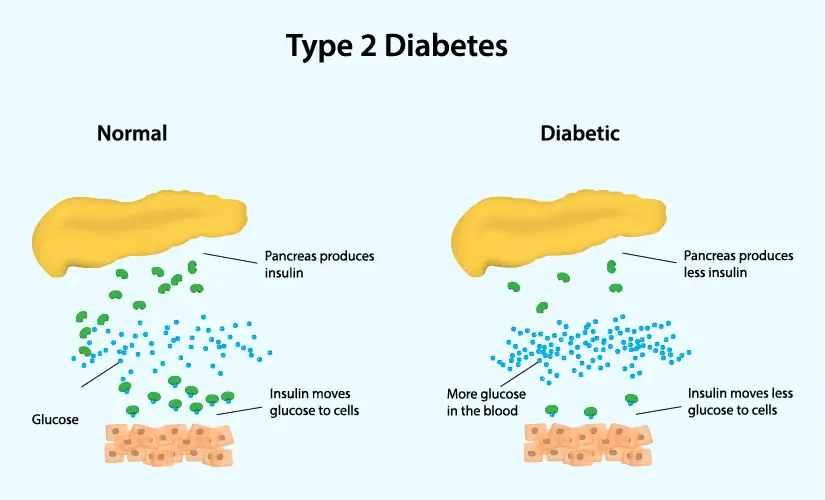
Foods to Limit
- Managing blood sugar through the Glycemic Index (GI): High GI foods spike blood sugar more than low GI foods. When choosing high GI options, keep portions small and pair them with protein or healthy fats to slow down sugar absorption and increase satiety. Examples of high GI foods include white bread, rice, pasta, potatoes, chocolate, and sugary treats.
- General dietary tips for diabetes:
- Carbs: Include carbs in your diet, but consider limiting carb intake or pairing them with protein/fat.
- Fats: Avoid saturated and trans fats, found in fried and processed foods, as they can worsen insulin resistance.
- Sugar: Limit or avoid refined sugar in sweets, cakes, and sodas. The American Heart Association recommends no more than 6 teaspoons of added sugar per day for women and 9 teaspoons for men.
- Drinks: Avoid sugary drinks and limit high-salt foods, as both can hinder blood sugar control.
- Alcohol: Moderate alcohol consumption is generally safe for people with diabetes, but avoid sugary mixed drinks and be mindful of potential interactions with medications.
Impact of diet on Type 2 diabetes
- A well-balanced diet is crucial in managing and preventing type 2 diabetes.
- Consuming nutrient-dense foods helps regulate blood sugar levels and improve insulin sensitivity.
- Including non-starchy vegetables, lean proteins, healthy fats, and high-fiber foods aids in stabilizing blood sugar levels.
- Weight management is facilitated through a healthy diet, reducing the risk of complications associated with type 2 diabetes.
- A healthy eating pattern can improve overall glycemic control and contribute to better overall health and well-being.
Although most people understand which types of food are healthy for them, they might be confused about the right quantities to eat them in. Therefore it is always advised that diabetic patients consult a good nutritionist for diabetes food to eat and avoid and also for a diabetic diet plan specific to their requirements. For diabetes type 2 treatment a Clinical Dietitian from the best diabetes hospitals in India will look into your medical history, BMI, allergies, etc., and help you follow a well-balanced diet to regulate your type 2 diabetes.

ENQUIRY FORM
SELECT CATEGORIES
-
Neurosciences (16)
-
Neurology (38)
-
Neurosurgery (14)
-
Orthopaedics (48)
-
Oncology (33)
-
Obstetrics and gynecology (52)
-
Pulmonology (23)
-
Urology (20)
-
Nephrology (13)
-
Psychiatry (7)
-
Dietetics and Nutrition (111)
-
General Medicine (63)
-
Cardiac Sciences (32)
-
Vascular & Endovascular Surgery and Interventional Radiology (15)
-
Gastroenterology (46)
-
Endocrinology (23)
-
Plastic Surgery (10)
-
Critical Care Medicine (5)
-
COVID-19 (16)
-
Dermatology (16)
-
Emergency Care (1)
-
Ophthalmology (4)
-
Pediatrics (14)
-
Laparoscopic and Bariatric Surgery (8)
-
ENT (15)
-
Kidney Transplant (1)
-
Liver Transplantation and Hepatobiliary Surgery (5)
-
General Surgery (3)
-
Internal Medicine (5)
-
Medicine Information
Tips for Healthy Weight Loss & Dieting
Super Foods for Healthy and Strong Bones
YOU MAY ALSO LIKE
RECENT BLOGS
-

Rotablation Angioplasty: Benefits, Treatments, And Recovery Time
6 February 2026
Read More
-

What Is The Difference Between IUI and IVF?
6 February 2026
Read More
-

Pulmonary Stenosis: Symptoms, Causes, Diagnosis and Treatments
6 February 2026
Read More
-

Difference between Angioplasty and Angiography
6 February 2026
Read More
-

Hemoptysis (Coughing Up Blood): Causes, Treatment and Home Remedies
2 February 2026
Read More
-

Leg Weakness: Causes, Symptoms and Treatment
9 January 2026
Read More
-

Back Pain After C-Section: Causes and Home Remedies
9 January 2026
Read More
-

Belly Button Pain (Periumbilical Pain): Causes, Treatment and When to See a Doctor
9 January 2026
Read More
Have a Question?
If you cannot find answers to your queries, please fill out the enquiry form or call the number below. We will contact you shortly.





